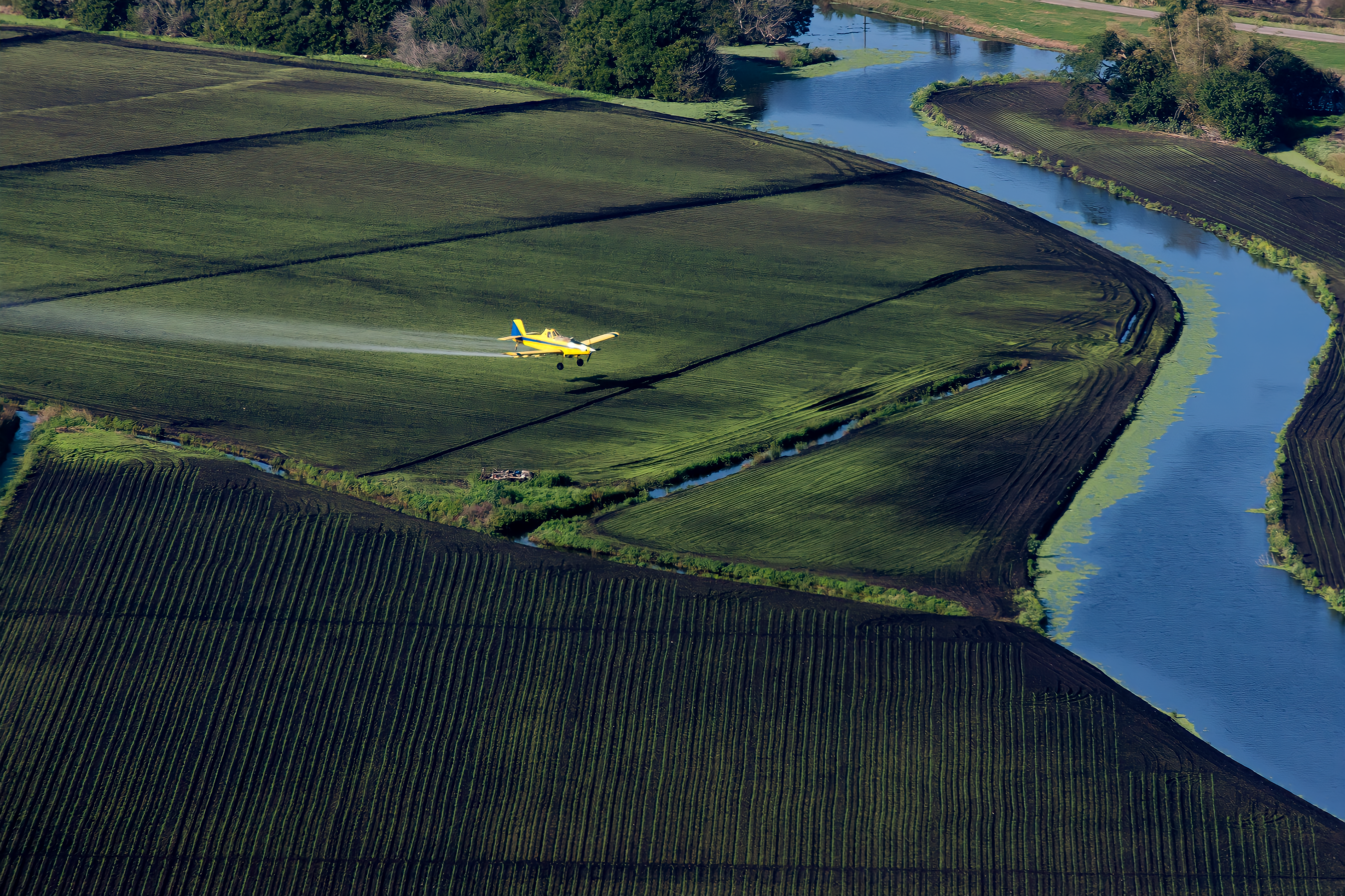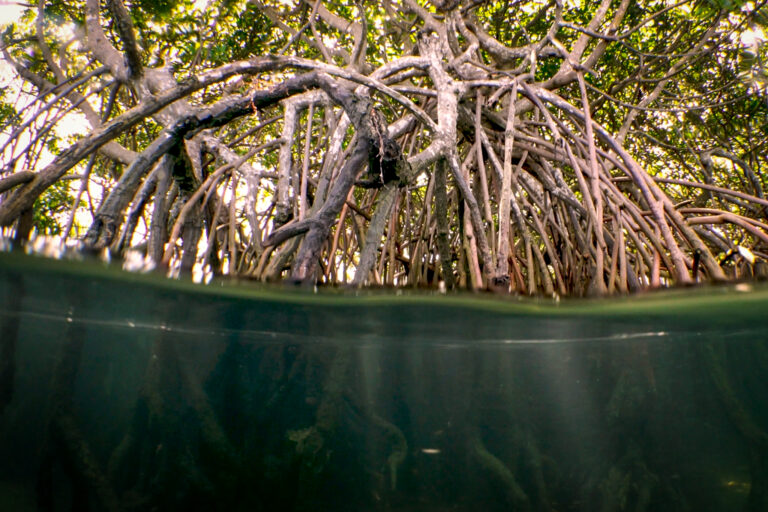
Rolling Stone cites Winrock International’s carbon assessment work in Florida’s Everglades
A feature story in Rolling Stone magazine about impacts of the sugar industry in Florida’s Everglades cites a carbon assessment conducted by Winrock’s Ecosystem Services team.
The article, “A Fire in the River: Big Sugar and ‘Black Snow’ in the Everglades,” was published online on Jan. 7, 2024. The story also appears in the magazine’s print version, and includes a link to a 2022 study, Carbon Assessment of the Everglades Agricultural Area published on Winrock’s website.
Winrock’s ongoing work in the Everglades is funded by The Everglades Foundation.
The Rolling Stone article by writer Michael Adno notes that Winrock “published a study that sugar-cane growers in the Glades accounted for more than 7.3 million metric tons of greenhouse gas emissions each year ─ the same amount as 1.6 million cars. What was surprising is that more than 80 percent of those emissions were due to soil oxidation while burning made up less than two percent. It placed Florida’s sugar growers among the top 100 greenhouse-gas polluters in America.”
The Winrock study examines the impact of greenhouse gas emissions from peat oxidation, dissolved organic carbon export, canals, combustion of fuel for agricultural equipment, fertilizer production and application, pesticide production, in-field sugarcane burning and agricultural soil management, both for sugarcane cultivation and for crops grown in rotation with sugarcane.
Winrock’s Ecosystem Services team works with The Everglades Foundation to assess and measure carbon’s impact, protect wildlife, and restore mangroves as well as hydrological flows.
Read more about Winrock’s work in the Everglades in this Winrock Voices blog by Paul Christianson and Cody Kiefer.
Related Projects

